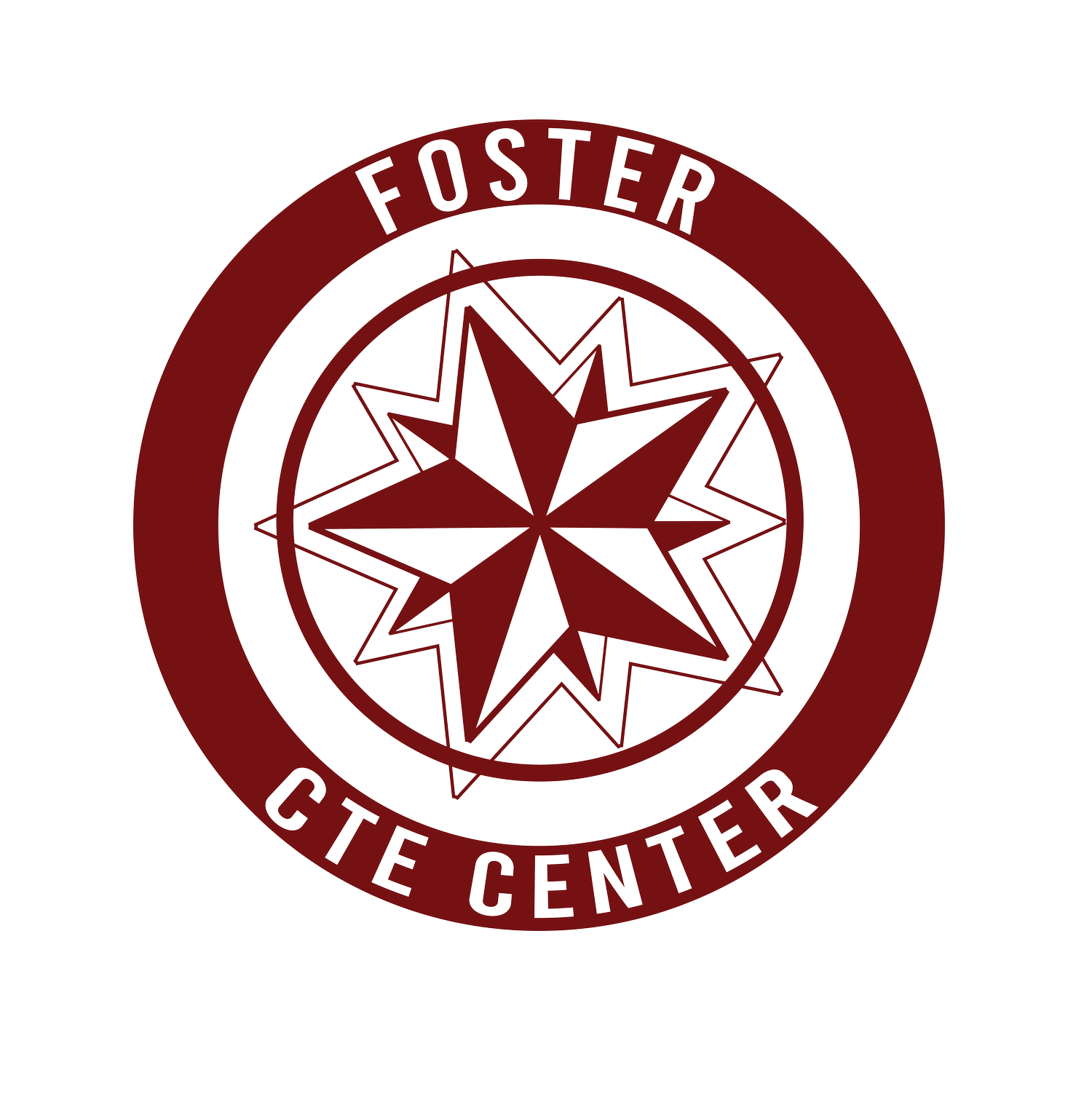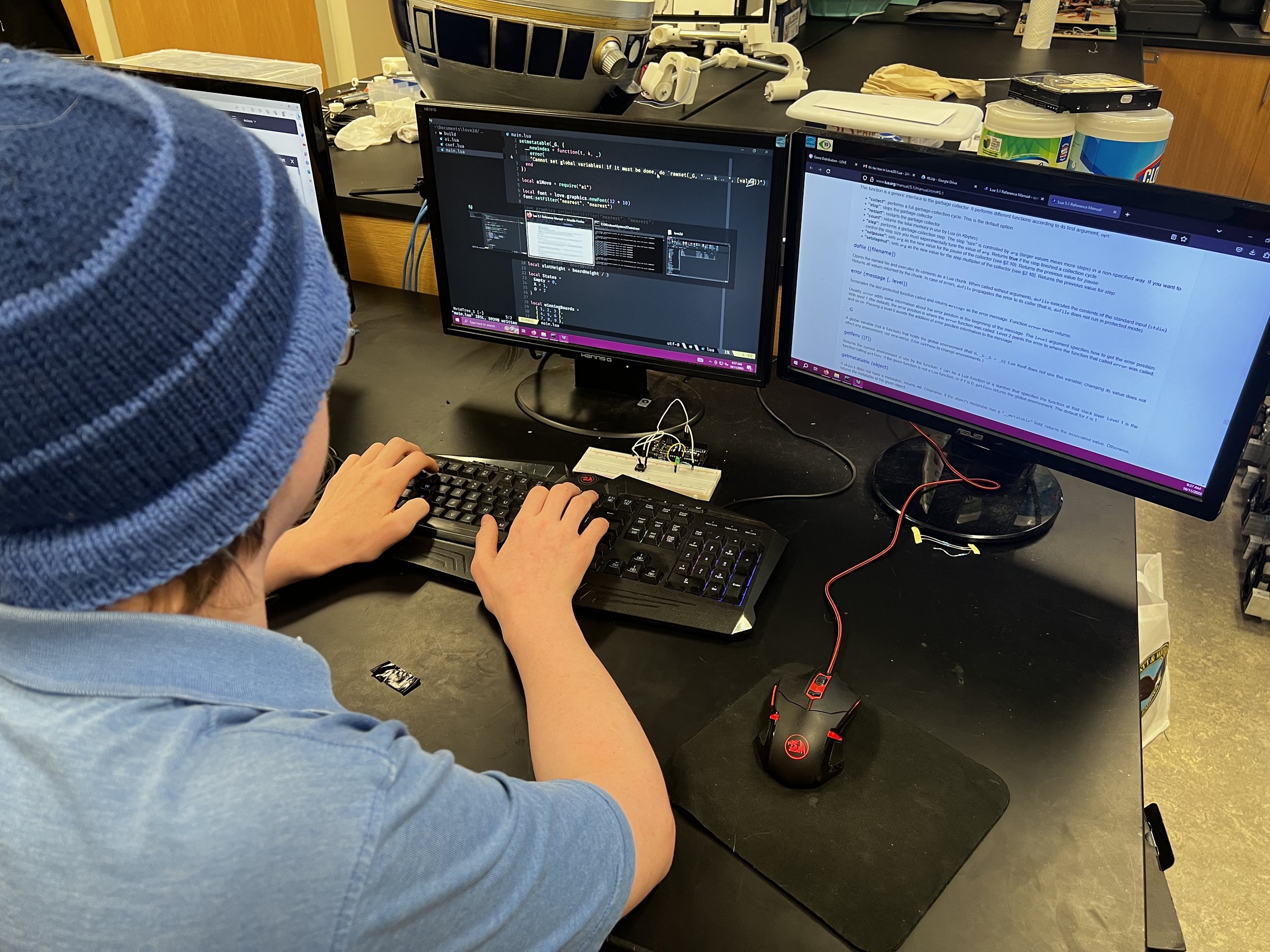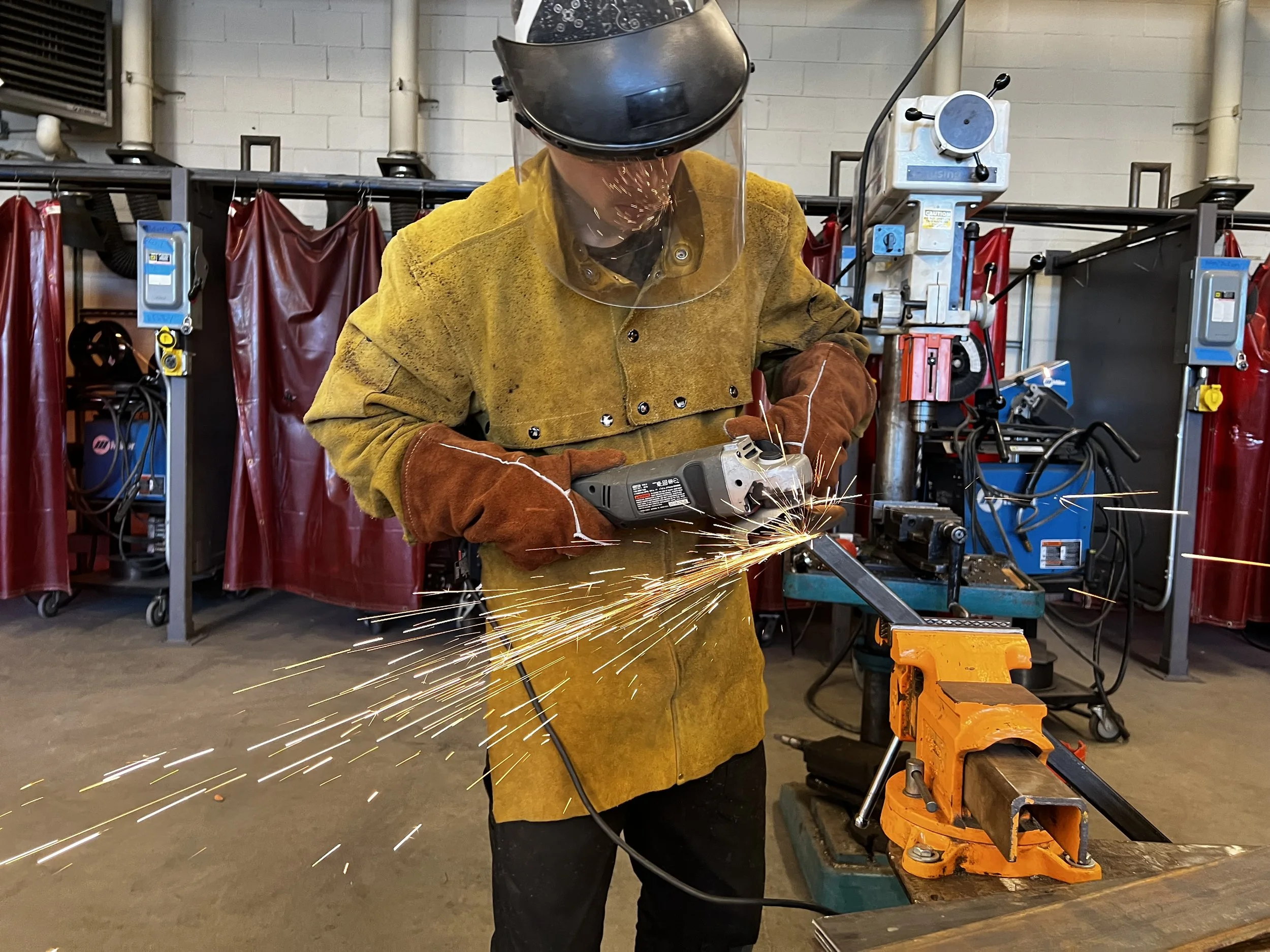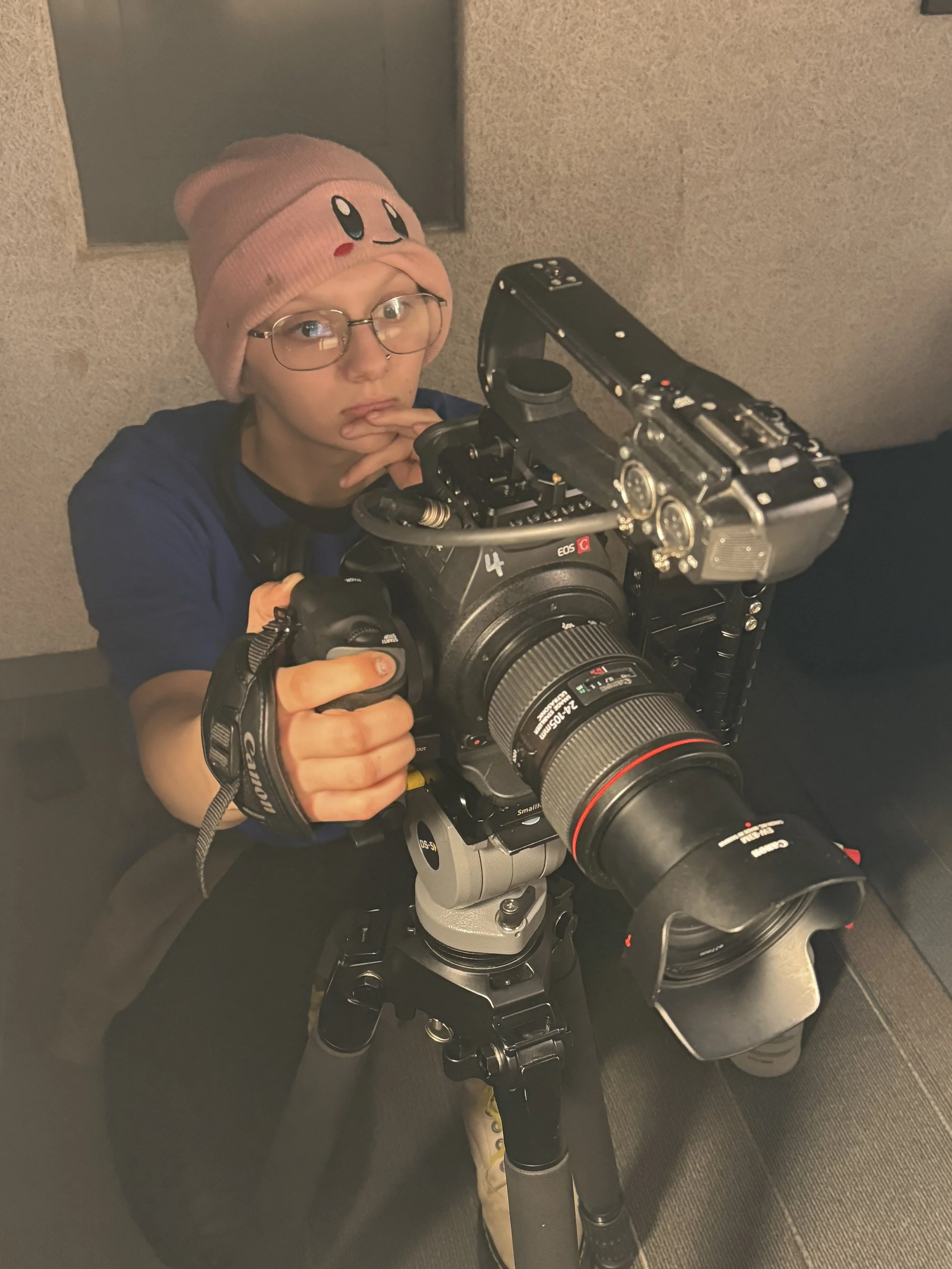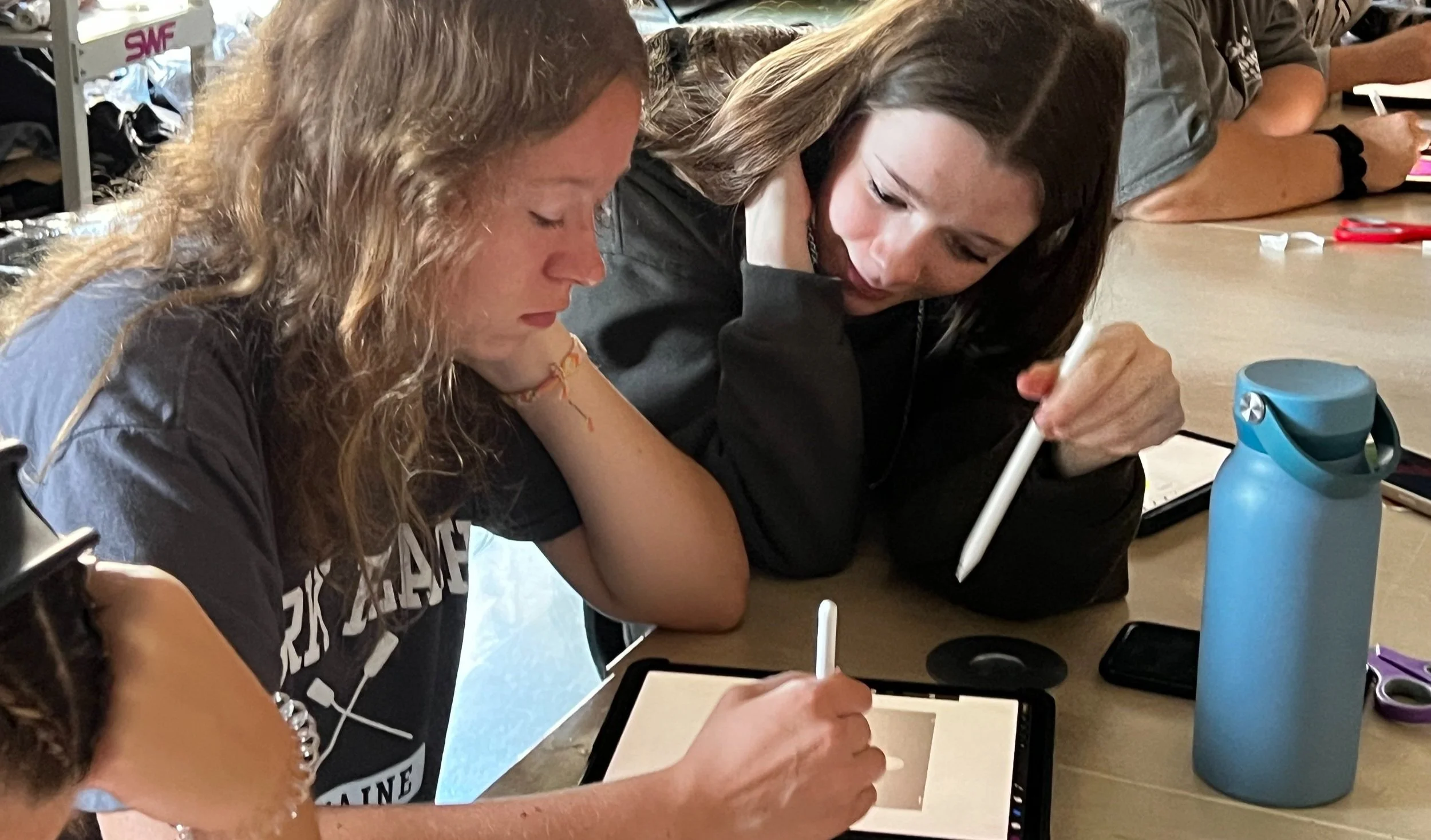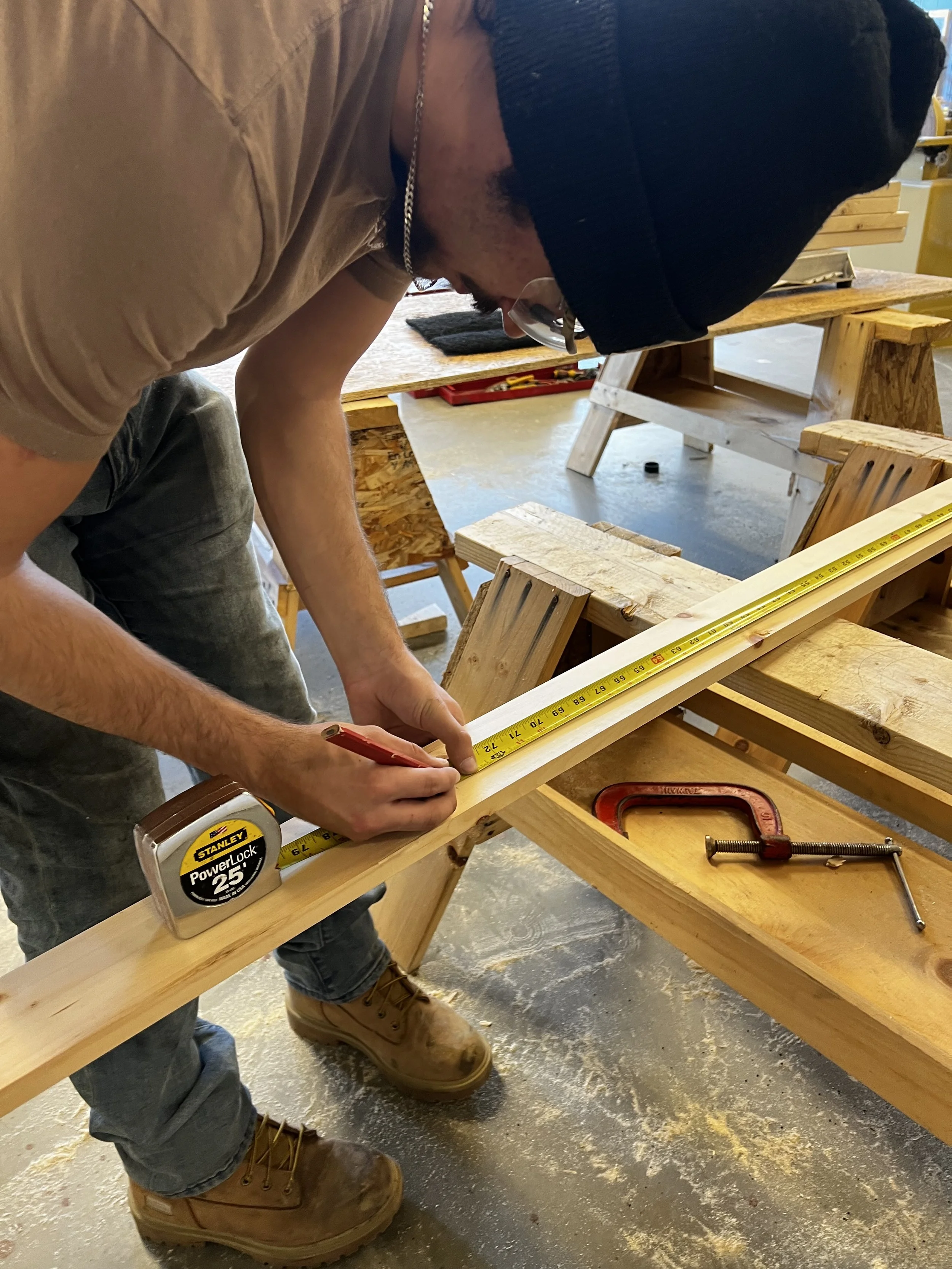Cooperative Education
This dynamic and experiential program is designed to bridge classroom learning with real-world work experiences. Students are provided the opportunity to integrate academic knowledge, technical skills, and professional development through hands-on work experiences in a chosen industry.
The Cooperative Education Program provides students with a unique opportunity to bridge the gap between education and the workplace. Through hands-on experiences, professional development, and industry exposure, students will gain a clearer understanding of their career goals and a solid foundation for success in their chosen field.
Elevate your education and career prospects through our Co-op course, where theoretical knowledge seamlessly integrates with practical workplace experience, providing you with a unique opportunity to learn, apply, and excel in your chosen field.
Make it stand out
-
Engage in meaningful work experiences related to the student's chosen career pathway.
Apply theoretical knowledge and skills acquired in the classroom to practical, real-world situations.
-
Develop essential employability skills, including communication, teamwork, problem-solving, and time management.
Gain insights into workplace etiquette, professional conduct, and industry-specific expectations.
-
Explore various career pathways within a specific industry or field of interest.
Clarify personal career goals and aspirations through exposure to diverse work environments.
-
Acquire industry-specific training and certifications relevant to the chosen career field.
Build a foundation of technical skills and knowledge through hands-on training.
-
Establish connections with industry professionals and mentors.
Develop a professional network that can provide guidance and support in career development.
-
Engage in reflective learning practices to analyze and assess personal and professional growth.
Set goals for continuous improvement and skill enhancement based on work experiences.
-
Participate in project-based assignments that contribute to the goals and objectives of the hosting organization.
Apply creativity and problem-solving skills to address real challenges in the workplace.
-
Stay informed about industry trends, innovations, and emerging technologies.
Gain insights into the evolving landscape of the chosen career field.
-
Create a professional portfolio showcasing accomplishments, projects, and acquired skills during the Co-op program.
Use the portfolio for college applications, job interviews, and ongoing career development.
-
Prioritize safety in the workplace and adhere to ethical standards.
Understand and apply workplace safety protocols relevant to the specific industry.
-
Maintain accurate records of work experiences, accomplishments, and challenges.
Develop effective documentation and reporting skills applicable to the professional setting.
-
Collaborate with educators, mentors, and industry professionals to plan future career pathways.
Explore post-secondary education options, apprenticeships, or entry into the workforce.
Students will become proficient in microbiology and molecular genetics. They will learn many other research techniques such as how to amplify DNA from crime scenes with polymerase chain reaction (PCR) and how to perform antibody based diagnostics like they use in hospitals. The vast majority of time is spent in the lab doing hands on work. Tools like micropipettes and thermal cyclers are not just used once to teach a concept, but used repeatedly to gain skill. If you plan to take CP, Honors, or Advanced Chemistry this class would be for you.
